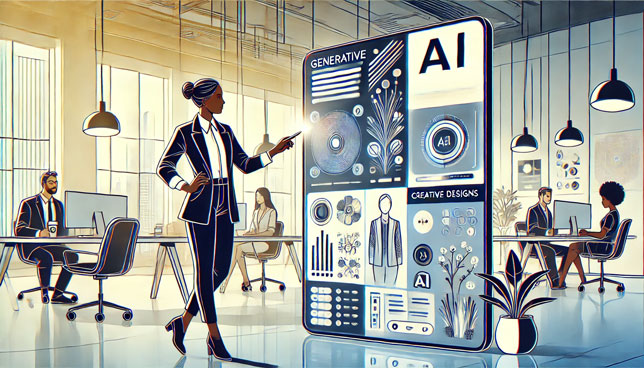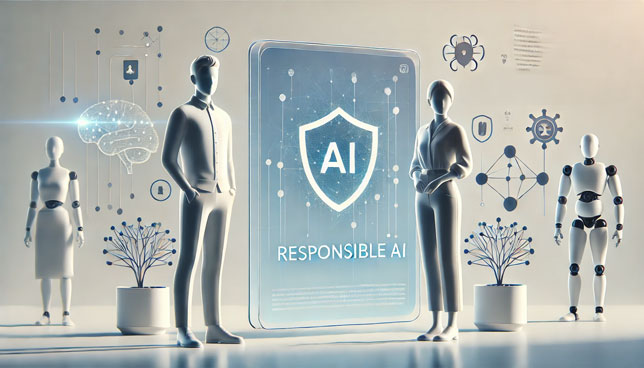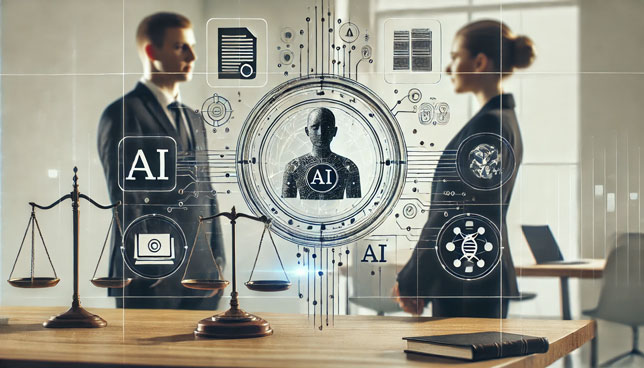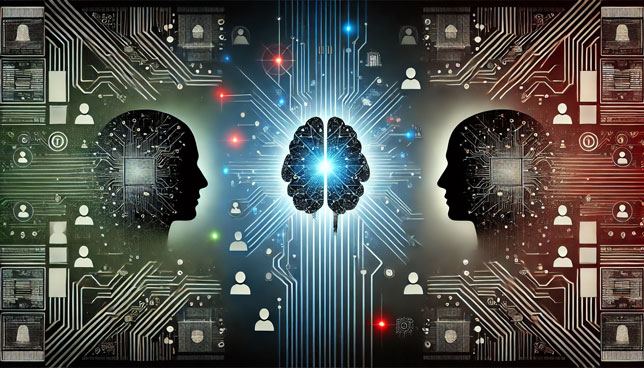
A new study on how knowledge workers engage in critical thinking found that workers with higher confidence in generative AI technology tend to employ less critical thinking to AI-generated outputs than workers with higher confidence in personal skills.

Attackers are changing tactics as they collect less money from ransomware payoffs, according to a new report from Chainalysis, a blockchain analytics firm.

Nearly one in 10 prompts used by business users when interacting with generative artificial intelligence tools may inadvertently disclose sensitive data, according to a study released by data protection startup Harmonic Security Inc.

A new report from the Metaverse Standards Forum (MSF) declares the technology initiative is alive and well, despite skyrocketing attention paid to artificial intelligence.

A new report commissioned by Microsoft and published last month by research firm IDC notes that 91% of organizations use AI tech and expect more than a 24% improvement in customer experience, business resilience, sustainability, and operational efficiency due to AI in 2024.

The bipartisan House Task Force on Artificial Intelligence recently released its recommendations to bolster American leadership in AI.

Forty-one percent of global tech executives in a recent NetApp survey said they believe advancements in AI will significantly increase security threats. The firm's second annual Data Complexity Report points to 2025 as "AI's make or break year."

"By 2027, AI assistants and AI-enhanced workflows incorporated into data integration tools will reduce manual intervention by 60 percent and enable self-service data management," according to research firm Gartner.

In these days of rampant ransomware and other cybersecurity exploits, security is paramount to both proprietary and open source AI approaches — and here the open source movement might be susceptible to some inherent drawbacks, such as use of possibly insecure code from unknown sources.

Cybersecurity researchers at Trustwave are warning about a surge in malicious e-mail campaigns leveraging Rockstar 2FA, a phishing-as-a-service (PhaaS) toolkit designed to steal Microsoft 365 credentials.